
Looking to travel this summer? Learn about the CDC’s current advisories
If you’re ready to pack your bags this summer, make sure to check the CDC’s latest advisories & information to travel safely. The CDC (Center for Disease Control) has recently updated their travel advisories, differing for those who are either vaccinated or unvaccinated.
Safety precautions must be taken by everyone, vaccinated or not. The CDC has released specific steps to take depending on whether you’re traveling domestically or internationally. Read on to see what you need to do this summer in order to keep yourself and those around you safe from COVID-19.

Domestic travel precautions for those unvaccinated
If you haven’t been vaccinated and are planning on traveling within the United States, the CDC advised that before you hit the road (or take a flight), you should take a viral test one to three days beforehand. This way, you can travel with the peace of mind that you’re not spreading the virus.
During your trip, the CDC suggested to follow the usual steps to prevent the spread of COVID-19, including wearing your mask in public – and remembering they’re required on all U.S. planes, buses, trains, and other forms of transportation. This also applies for said transportation hubs such as airports & more.

Additionally, the CDC advised to keep making sure to stay six feet away from those you’re not traveling with as usual. As always, keep a handy bottle of hand sanitizer on you and be certain to wash your hands throughout the day.
The CDC is now recommending that you get a viral test three to five days after you return from your trip. No matter if the result is positive or negative, they advise you to self-quarantine for the full seven days. If you don’t get tested, make sure to quarantine for ten days. Also, avoid contact with those who are at a high risk of serious illness for fourteen days after traveling.
They also highly advised you to delay your trip if you have tested positive for COVID-19, are feeling symptoms, or are waiting for your test results.
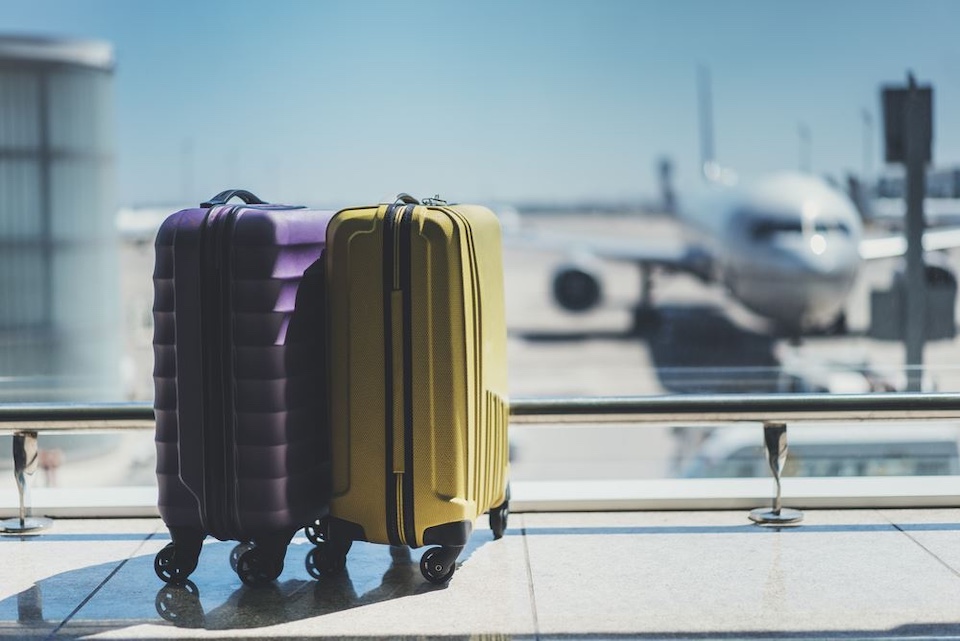
Domestic travel precautions for those vaccinated
The CDC clarified “fully vaccinated” is after two weeks of your second dose from a two dose series vaccine such as Pfizer or two weeks after a single dose vaccine such as Johnson & Johnson.
Those who are fully vaccinated won’t have to get tested before or after they travel. However, they recommended following the usual precautions while traveling such as social distancing, using masks, and routine hand-washing.
After your trip, they advised you to self-monitor for COVID-19 symptoms and get tested if you ever feel symptoms. Always remember to follow your state’s guidelines & recommendations.
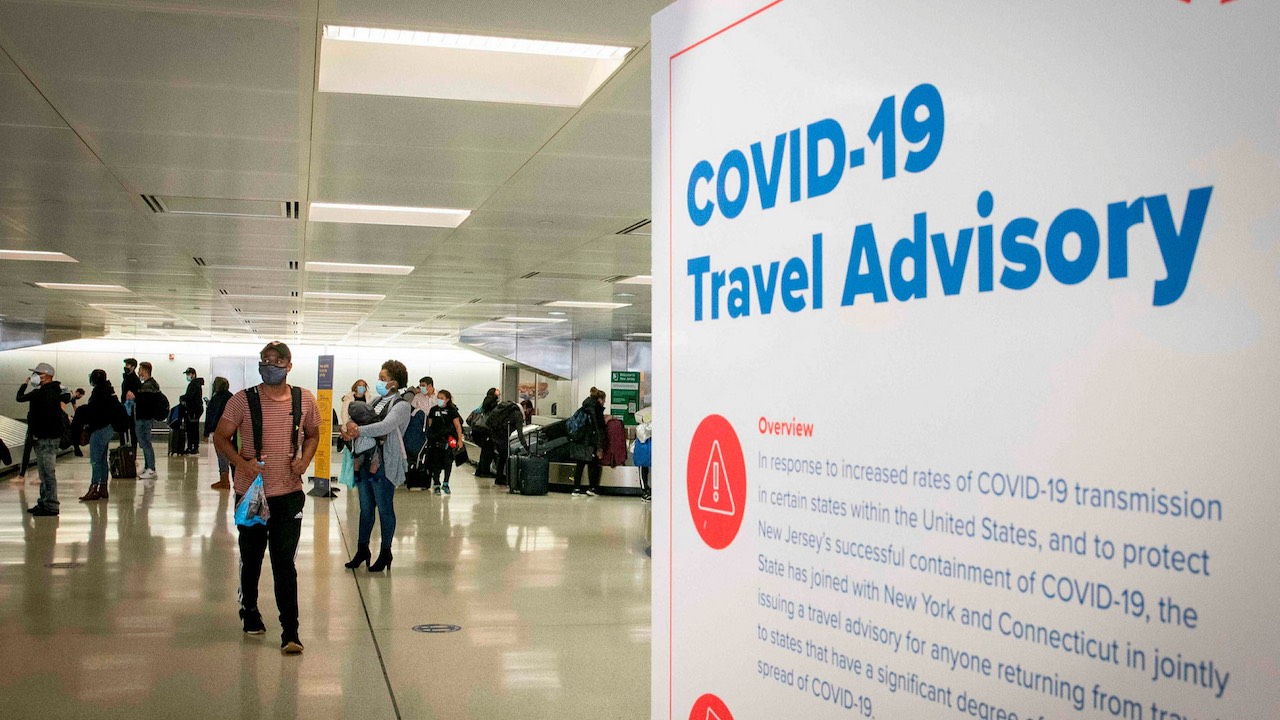
International travel precautions for those unvaccinated
The CDC stated that you should delay all international traveling until you’re fully vaccinated. However, if you must travel out of the country, get a viral test one to three days before your travels and check your destination’s airline guidelines, plus travel, testing, and quarantine requirements. If you don’t follow the country’s requirements you may be denied entry and forced to return to the United States.
As usual, remember to follow regular safety practices during your journey such as wearing your mask, washing your hands, and keeping your distance.
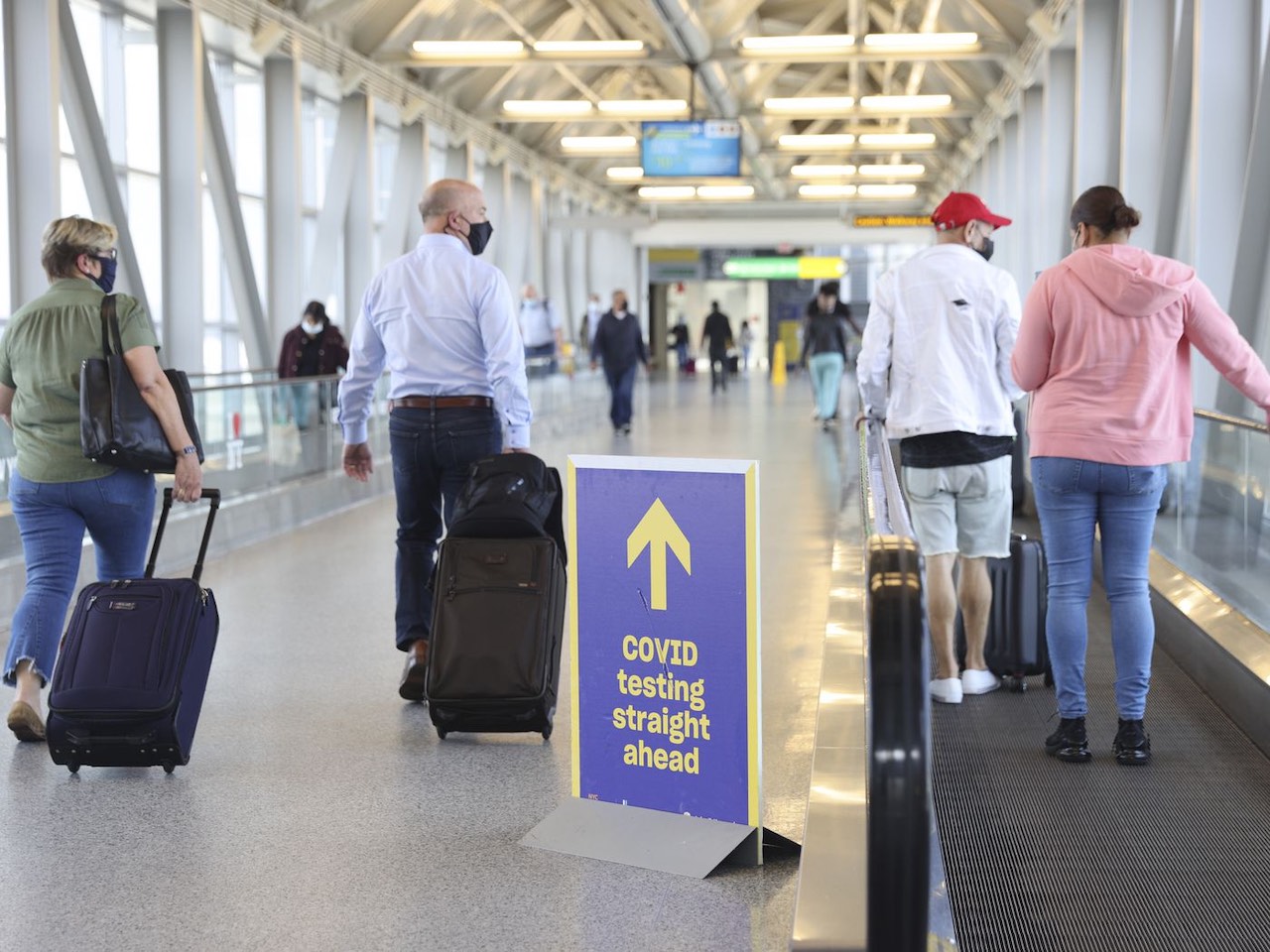
However, there’s a new requirement from the CDC: all air passengers entering the U.S. must present a negative COVID-19 test no more than three days before travel. If you contracted the virus abroad, you must show documentation of recovery in the past three months before you board your flight to the United States.
After traveling, remember to get tested three to five days after you return and to follow the quarantine protocols identical to domestic travel. This would be isolation for seven days if tested negative, ten days if not tested at all, and fourteen days separation from those who are at a high risk of severe illness.

International travel precautions for those vaccinated
Although being vaccinated helps reduce the risk of contracting & spreading COVID-19, the CDC suggested international travel still poses the threat of spreading a variant of the virus even if vaccinated.
Before traveling, you don’t need to get tested if you’re already fully vaccinated. However, your destination may require you to be tested before entry, so make sure to check your destination’s travel requirements.
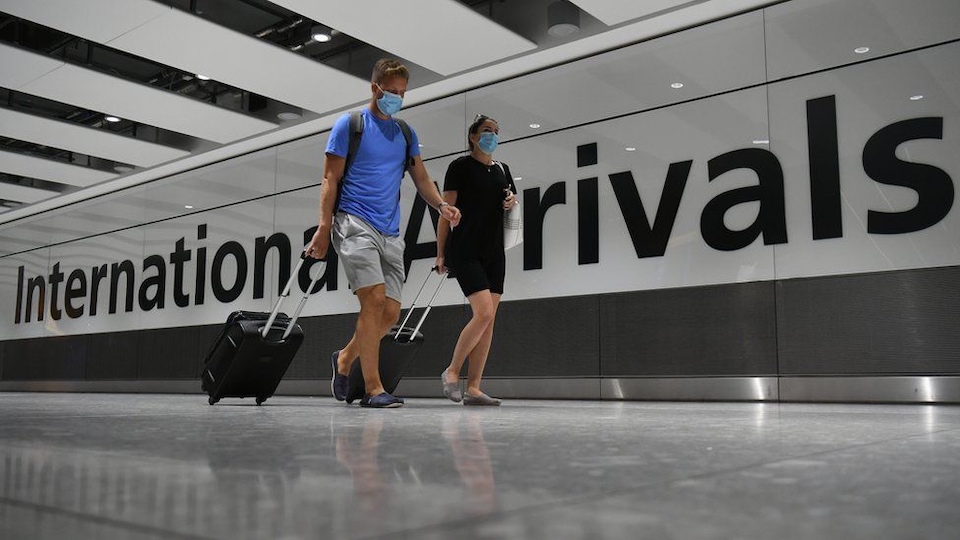
Before arriving in the U.S., be certain to get a negative test result no more than three days before travel or documentation of recovery from COVID-19. All incoming passengers must present either documentation, even if you’re a U.S. citizen and fully vaccinated.
After traveling (and following usual safety protocols), the CDC is recommending to get tested three to five days after you return even if you’re vaccinated. Always follow state regulations because they may differ.
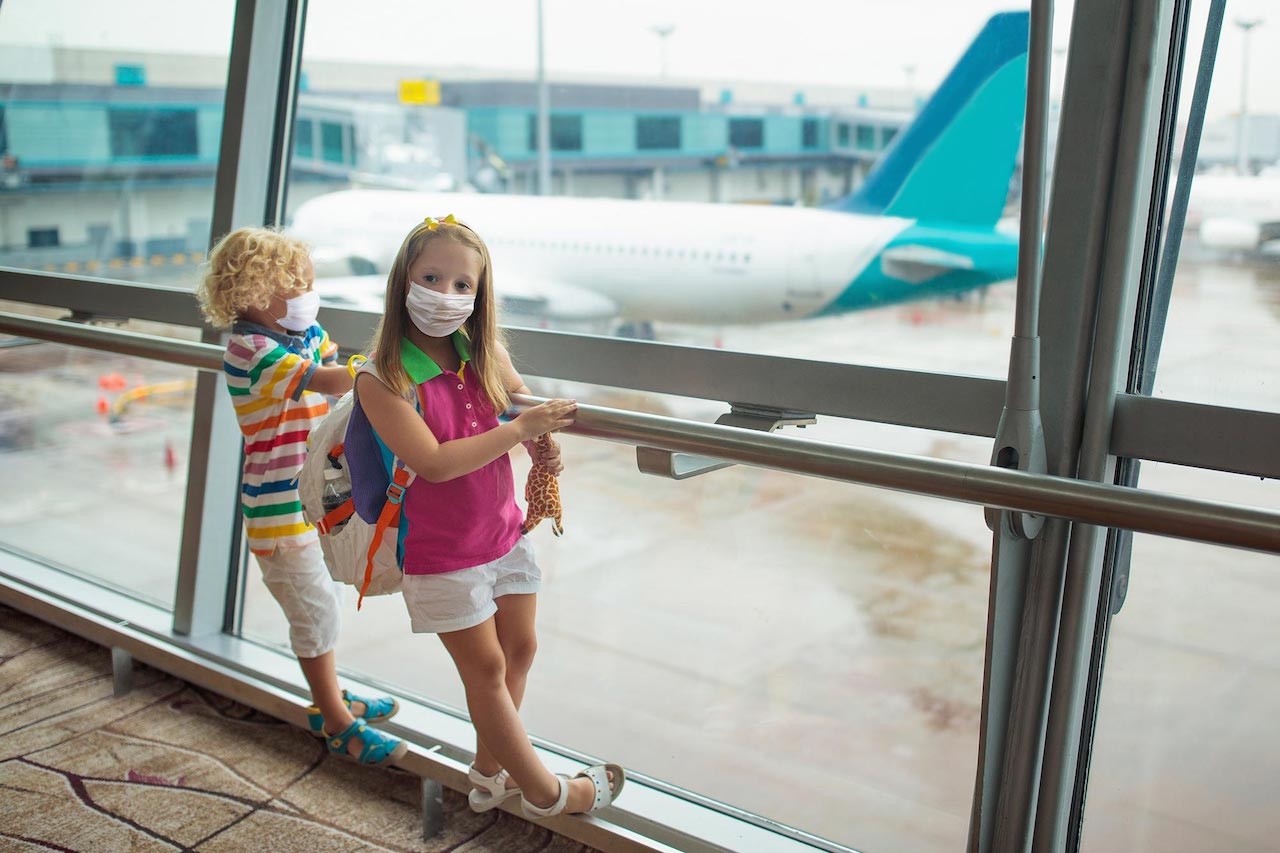
CDC’s safety level guide
The CDC uses a Travel Health Notice (THN) system to inform travelers the level of safety in each country and in U.S. states. Recently, the three-level system has been updated to four levels due to COVID-19. The levels differ depending on the location’s number of cases reported by the World Health Organization. The categories are defined as follows:
- Level 1: Low Level of COVID-19
- Travelers should follow normal protocols when abroad.
- Level 2: Moderate Level
- Those who are at a high risk of severe illness should refrain from non-essential travel
- Level 3: High Level
- Travelers should avoid non-essential travel
- Level 4: Very High Level
- All travels to this destination should be avoided
Before planning your vacation, check your destination’s THN level to ensure it’s safe to visit.
—
Vaccinated or not, make sure to check for travel restrictions & guidelines. Depending on the country, you may be asked to provide certain documentation in order to gain entry. No one wants to be denied entry after waiting for a whole year to travel!



